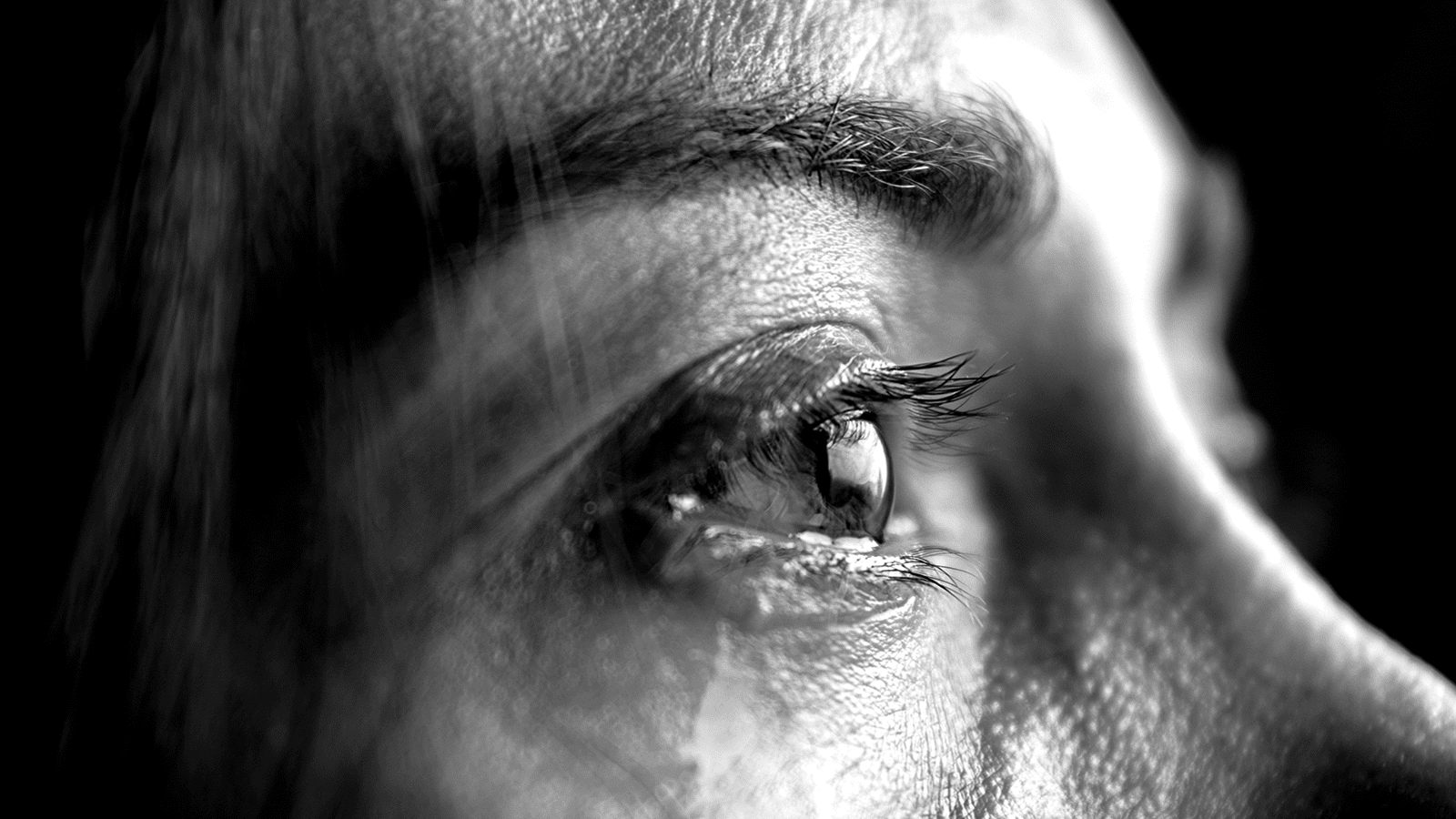Just like regular suitcases mean that you are going on a journey and changing things up, emotional baggage means that you are leaving something behind. Hopefully on your way to something better. However, not all baggage, speaking of emotional baggage, is useful to take along with you.
Your past experiences have changed you and made you into the person who you are today. Hopefully, they have taught you something – either about yourself, about reactions to circumstances or emotions toward people in your past.
Once you have learned the lesson involved, though, you can put down the heavy emotional baggage and move on. You should only take with you the positive things you have learned from the experience. This makes your future lighter and brighter and creates happiness and contentment in your life. You should in no way believe you’re obligated to carry around that baggage anymore.
Here Are 3 Pieces of Emotional Baggage You Shouldn’t Have to Carry in Your Life
“Forgiveness is the process of dropping off your emotional baggage.” – Tim Fargo
1. Your family is not you.
Most of what happens in our early years shapes us, our family of origin usually being the biggest part of that. Hopefully most of us have happy childhoods. The ones that fill us with joy and laughter when we look back. Hopefully, our memories bring the good kind of nostalgia, as well as happiness; and our early experiences have made us into well-functioning adults with high self-esteem and a great self-image. Unfortunately, not everybody has had that. When you come from a family with dysfunction and deep, emotional problems, it is easy to make them your own.
If your parents always put you down, you may have a low self-esteem and feel that every comment someone makes is a put-down. In such a case, however, you might need to acknowledge that whatever your family said about you is not the absolute truth. This will help you not feel as defensive whenever someone makes a comment in general. And if you feel the same hopeless or helpless feeling around a specific person as you used to feel around your family, you can take it as a sign to exclude that person from your life.
Maybe you saw your parents involved in cheating or a divorce, and that makes you feel less trusting towards new partners even when they have done nothing to deserve it. This is a sign that it is time to take a long look at that baggage, learn what there is to learn from it, and finally, to put it down. This way, you can begin to create a healthy and fulfilling relationship with your significant other.
2. Your new partner is not your ex.
Relationships are intense, especially when they do not end well. The actions of an ex-partner – and their resultant feelings in you – can cast wide ripples into future relationships, even years later. If your ex cheated on you, it can make you feel paranoid towards future partners, even when there is nothing to worry about. The emotions can create an unhealthy relationship dynamic that not many partners are willing to put up with, and rightfully so. A relationship needs to be built on trust and confidence, not on paranoia and checking up.
Of course, when you are in the process of letting go and learning to trust again, you can ask your new partner to have some patience with you. You can be honest and let them know you might need a little bit more assurance than usual. This is perfectly normal and healthy to do, as long as your need for such assurances decreases eventually, rather than increases.
If you have faced abuse in the past, you will understandably find it even more difficult to trust a new partner. You might suffer from deep fears that they would hurt you in the same way. Abuse is not something anyone, ever, should have to live through, whether it be physical, emotional, or psychological abuse. It takes a lot of work (often with the help of a therapist) to let go of the wounds that were inflicted, although often scars will remain.
As difficult as this may be to believe, you do not have to keep on carrying that painful, emotional baggage. If someone abuses you, that is 100% on them. Not a single part of it is your fault or responsibility. You left when you could, whether that was after six months or 20 years. Now you have a right to a new relationship, to being happy, to feeling loved by someone who treats you right.
3. You are not your past you.
Maybe this is the most difficult one to grasp. If you have done things in your past that you are not proud off, you will have to eventually accept this. We cannot change the past. We can however learn from it, and make sure we do not make the same mistakes again in the future.
Especially if you have had issues with addiction, it can be difficult to leave all that behind. Many addicts live with a feeling of constant guilt for past actions. It also happens a lot with people who have been bullies or abusers and then come to realize how much they have hurt other people.
However, guilt is a counterproductive feeling. Feeling guilt over what you did in the past means that there might be a chance that you would do it again. Or better said, a fear that you might do it again. Once you learned what there is to learn about the past, and you can be relatively sure you will not repeat the same mistakes, it is ok to let go of the guilt. You are not the same person anymore that you were back then. You have grown, you have learned new things, and you are better for it.
Final thoughts
Don’t let your emotions get the better of you. The simple act of living means that we accumulate baggage. Some positive, like fondly looking back on outings to the zoo when we were children. Some, however, are not so positive. Still … you do not have to keep dragging all that baggage with you. It is okay to unpack it, learn what you can from it, and leave it behind so you can move on to a happier and brighter future. Remember, positive thinking and a positive attitude to life can help you release these pieces of emotional baggage so that you don’t have to continue carrying them throughout your life.
https://youtu.be/vU9pRXd22ng














 Community
Community

